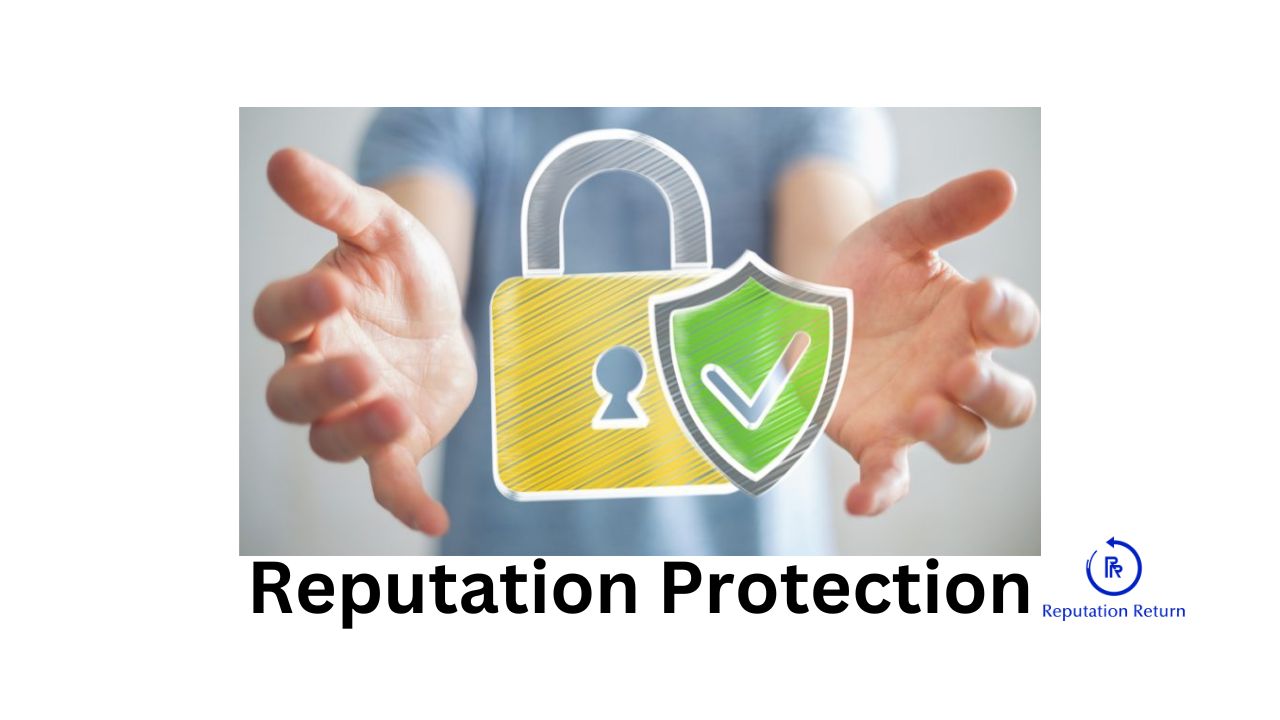Reputation protection is critical for individuals and businesses alike. Competitors can engage in malicious attacks, digital hostage situations, and other unethical behaviors that threaten one’s reputation. Implementing a comprehensive reputation protection strategy ensures that you are prepared to counter these threats effectively.
Understanding the Importance of Reputation Protection
Reputation is an invaluable asset that can take years to build but can be tarnished in a matter of moments. For businesses, a strong reputation attracts customers, fosters loyalty, and drives growth. For individuals, especially professionals, a good reputation can enhance career opportunities and personal credibility. Therefore, safeguarding one’s reputation against malicious attacks is essential.
Proactive Monitoring
The first step in reputation protection is proactive monitoring. Use tools like Google Alerts, Mention, or Hootsuite to keep track of what is being said about you or your business online. These tools can notify you in real-time about new mentions of your name or brand, allowing you to respond swiftly to any potential threats.
Example: A small business owner uses Google Alerts to monitor mentions of their brand. One day, they receive an alert about a negative review posted by a competitor pretending to be a dissatisfied customer. Prompt action helps mitigate the impact of the false review.
Building a Positive Online Presence
Establishing a strong and positive online presence is a key defense against reputation attacks. Regularly update your website and social media profiles with engaging and relevant content that reflects your values and expertise. Encourage satisfied customers or clients to leave positive reviews and testimonials, which can help counterbalance any negative information. We help you build a positive online presence.
Example: A freelance graphic designer consistently updates her portfolio on her website and shares her latest projects on social media. Her satisfied clients leave glowing reviews, which help maintain her positive reputation even if a competitor attempts to discredit her work.
Responding to Negative Content
Despite your best efforts, negative content may still surface. When this happens, it’s important to respond promptly and professionally. Address legitimate concerns with empathy and provide solutions. For false or malicious claims, calmly refute them with factual information.
Example: A restaurant owner notices a negative review alleging poor hygiene practices. The owner responds by thanking the reviewer for their feedback and providing evidence of their stringent hygiene protocols, including recent health inspection reports. This transparent approach reassures other potential customers.
Legal Measures
In cases of severe defamation, libel, or slander, legal action may be necessary. Consult with a legal professional to understand your options and the best course of action. Cease-and-desist letters, lawsuits, or seeking court orders to remove defamatory content are some of the measures that can be taken.
Example: An entrepreneur discovers that a former employee is spreading false and damaging rumors about their business online. The entrepreneur consults with a lawyer, who sends a cease-and-desist letter to the former employee, leading to the removal of the defamatory content.
Crisis Management Plan
Having a crisis management plan in place ensures that you are prepared to respond effectively to any reputation threats. This plan should include a designated crisis management team, clear communication protocols, and predefined responses for various scenarios.
Example: A tech startup develops a crisis management plan that includes a designated spokesperson, pre-written press releases, and a step-by-step guide for handling negative press. When a competitor spreads false information about their product, the startup swiftly implements their plan, minimizing the damage.
Engaging with Online Communities
Active engagement with online communities can help build a loyal following that supports you during reputation attacks. Participate in forums, social media groups, and other online platforms where your audience is present. Providing valuable insights and assistance can enhance your credibility and foster positive relationships.
Example: A marketing consultant regularly participates in industry-related forums, offering advice and answering questions. When a competitor attempts to discredit her, the community rallies to her defense, validating her expertise and integrity.
Utilizing Online Reputation Management Services
Consider partnering with an online reputation management (ORM) service like Reputation Return. These services specialize in monitoring, managing, and protecting your online reputation. They can help suppress negative content, improve search engine rankings, and develop strategies to enhance your online image.
Example: A law firm facing malicious attacks from a competitor hires Reputation Return. The ORM service helps the firm by removing false information, promoting positive content, and providing ongoing monitoring to prevent future attacks.
Educating Employees and Stakeholders
Ensure that your employees and stakeholders understand the importance of reputation protection and their role in maintaining it. Provide training on best practices for online behavior, including how to respond to negative content and the potential consequences of unethical actions.
Example: A mid-sized company conducts regular training sessions for its employees on the importance of reputation protection. Employees learn how to handle customer complaints professionally and the potential impact of negative online interactions.
Reputation protection is an ongoing process that requires vigilance, proactive measures, and swift responses to threats. By monitoring your online presence, building a positive image, responding to negative content professionally, and utilizing legal and professional resources when necessary, you can safeguard your reputation against malicious competitor attacks, digital hostage situations, and other unethical behaviors. Implementing a robust reputation protection strategy not only shields you from harm but also enhances your credibility and fosters trust among your audience.
Do you have questions about your reputation protection? Ask here >>>

